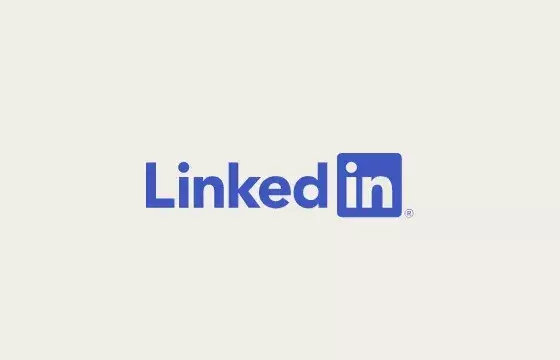LinkedIn’s recent move to expand data sharing with Microsoft marks a pivotal moment in the ongoing battle between user privacy and corporate benefit. While many users might brush off this change as standard procedure, it reflects a broader trend of leveraging professional data for algorithms designed to monetize user engagement. The platform promises that only “non-identifying” data will be shared, but this delineation is increasingly blurry in an era where data is currency. The collaboration with Microsoft opens new doors for targeted advertising, tailoring content based on detailed activity patterns. This shift amplifies a dichotomy: on one hand, users gain more relevant ads and AI-driven tools; on the other, they surrender a layer of control over their personal digital footprints.
The reality is that the dynamics are less about genuine enhancement and more about strategic data accumulation. When LinkedIn shares profile and activity data with Microsoft, it provides a treasure trove that deepens the company’s understanding of user behavior across platforms. Although the company states that users can opt out, the pervasive default settings subtly steer users toward acceptance. This conjures a question: how much transparency is enough when it comes to the silent expansion of data partnerships? The entire process projects an image of consent, but beneath that veneer lurks the uncomfortable truth about the commodification of one’s professional life.
Implications for User Privacy and Autonomy
The most troubling aspect of these updates lies in their potential to erode user trust. While some might see improved ad relevance as a benign benefit, evidence suggests that continuous data sharing dilutes the boundary between professional identity and commercial interests. For professionals who depend on LinkedIn for career opportunities, the idea of their activity data fueling AI models and targeted ads might feel invasive. The use of activity — such as posts, engagement patterns, and profile updates — for AI training raises questions about what truly remains private.
Furthermore, allowing AI algorithms to harness user data for content generation, like automating profile edits or messaging, risks turning LinkedIn into a space where authenticity is compromised. When AI tools are trained on real user data, the line between genuine human interaction and machine-facilitated communication blurs, potentially impacting professional relationships. This shift could encourage more superficial interactions, driven not by authentic engagement but by algorithmic optimization.
The opt-out provisions, while available, seem more like legal formalities than genuine safeguards. Default settings favor data collection, positioning users as passive participants rather than informed participants. For those who value privacy or are wary of AI’s expanding role in professional spaces, these updates may feel like a betrayal of trust. It raises a fundamental question: how much control do users truly have over their personal and professional data in today’s digital economy?
Broader Industry Trends and Personal Responsibility
LinkedIn’s actions mirror a broader industry pattern—corporations routinely expand data usage under the guise of optimization and user experience enhancement. The line between necessary functionality and intrusive surveillance has become increasingly thin. As AI technologies grow more sophisticated, the temptation for companies is to integrate vast amounts of user data to refine algorithms and generate revenue.
Yet, this pressure to innovate often sidesteps genuine ethical considerations. Users are left with the illusion of choice—an opt-out link that is rarely as effective as it seems. Firms like LinkedIn capitalize on the unwritten understanding that users will continue to accept Terms of Service, often without reading them deeply. This implicit social contract shifts the power balance significantly in favor of corporations, leaving individuals vulnerable to unforeseen uses of their data.
Users must now become more proactive and informed. The onus is on us to scrutinize these policy shifts critically and demand transparency. While AI and data-driven advertising can bring some benefits, they should not come at the expense of personal agency or professional integrity. It is essential for individuals to understand what they are sacrificing and to push for stronger privacy protections, rather than passively accepting updates that fundamentally change how their data is used.
LinkedIn’s latest policy update exemplifies a relentless march toward a future where data is harvested and repurposed with minimal oversight. The challenge lies in balancing innovation with privacy, empowering users to retain control over their digital selves amid relentless corporate pursuits. A more vigilant approach by users and regulators alike is not just desirable—it’s imperative for safeguarding integrity in the digital age.


Leave a Reply